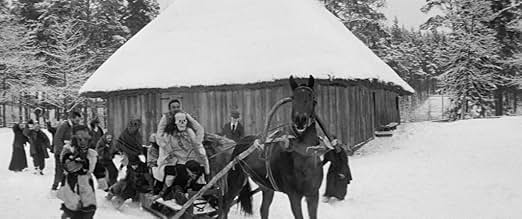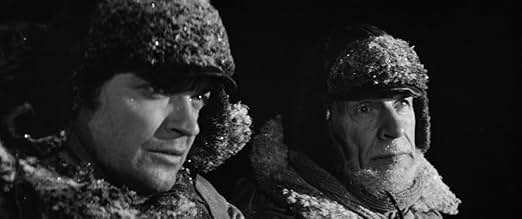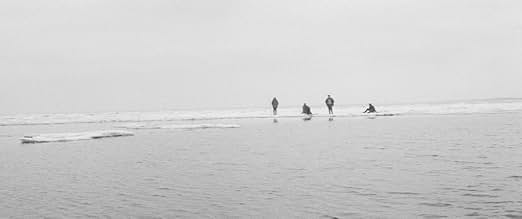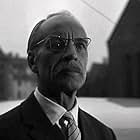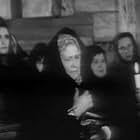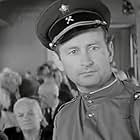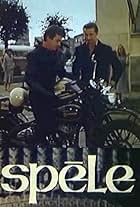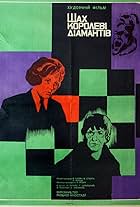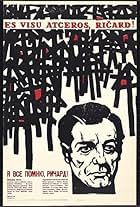Movies are often a reflection of their times. This makes them neither good nor bad, but they don't always age well. What seemed like a searing and deep exploration of the human condition becomes a simple and dated period piece with the passage of time. To truly appreciate them you have to judge them in the context of their times. Gunars Piesis' Naves Ena (In the Shadow of Death) transcends time. It is about universal themes and characters that are just as valid today as they were in 1898 when Rudolfs Blaumanis first wrote the story or in 1971 when it was filmed. The simple structure and setting of the film allows Piesis and his cast to focus on fleshing out the characters and making a stark and limited location seem real and infinite. The emotional center of the film, like that of the classic Zvejnieka Dels (The Fisherman's Son), is Latvia's ties to the sea and the lives of those whose livelihoods depended on it. On an early spring day a group of fishermen are stranded on an ice flow that breaks away from the pack. These are hard men. They hold no illusions about the sea, their chances or fate. As the ice flow drifts further and further from the shore and their food and water supplies start to run out and any hope of rescue fades each has to confront their own mortality. Each of the characters undergoes a change, or more accurately, the illusion of who they are is slowly stripped away layer by layer as their odds of survival dwindle. Starring some of Latvia's best known and well respected actors (Eduards Pavuls, Gunars Cilinskis and Karlis Serbis among others), at the prime of their careers, Naves Ena is a film that from beginning to end never let's up. From the opening sequence as one of the fishermen dives into the frigid waters in a desperate attempt to make it back to the shore only to drown in seconds, to the ending when even the prospect of rescue is complicated by the fact that the rescue boat can only take some and the men have to draw lots to see who will get rescued and who will remain behind to face certain death, Naves Ena is a film that isn't afraid to look into the void. The true strength of the film is that we all can see bits of ourselves in these characters and through them are forced to examine our own notions of nobility, heroism and the inevitability of death.

